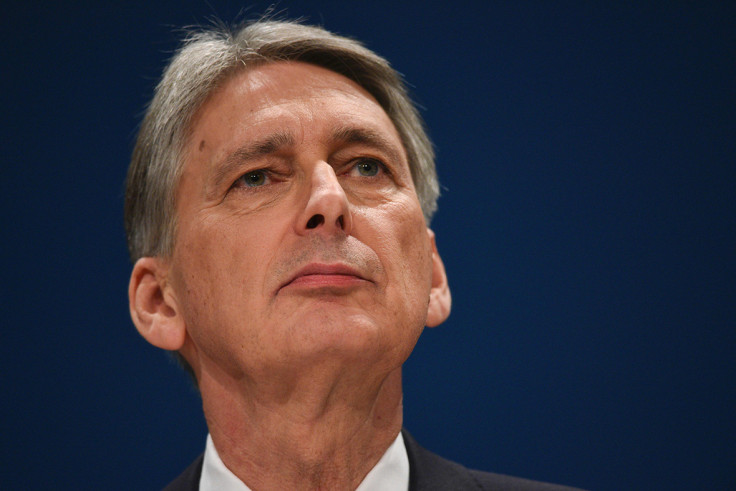The Conservative 'row' over Philip Hammond is based on a false assumption about Brexit
We can leave the Single Market and still have the closest of links with our EU allies.

The coverage of the immigration "row" is premised on the idea of a trade-off between membership of the EU Single Market and strict immigration controls. Philip Hammond, the Chancellor of the Exchequer, is portrayed as prioritising the first over the second; Eurosceptic ministers are supposed to be cross with him.
I have no way of knowing how true these reports are, but they are based on a false assumption. The case against belonging to (as opposed to trading with) the Single Market is an economic one. The Single Market is not, despite its name, a free trade zone. It is a single regulatory regime that obliges its members to apply common rules, not only to the products they export, but to the entirety of their domestic economies.
Only 6% of UK businesses trade with the EU. True, these tend to be the larger companies but, still, only 14 % of our economic activity depends on commerce with the Single Market. Yet the other 86% must still apply 100% of EU regulations. Single Market membership is less attractive to Britain than to any other EU state, partly because our domestic economy is relatively large, and partly because we are the only country – apart from Greece – that exports more to non-EU than to EU markets.
In other words, we should leave the Single Market, not because membership is too high a price to pay for open borders, but because we will be more successful if we have to meet EU rules only when trading with the EU, rather than imposing them on every small and medium-sized British firm.
That said, we want the closest of links with our EU allies. There are aspects of the Single Market that we ought to be prepared to replicate through bilateral treaties, such as the ban on discriminating against the goods and products of another member state. We should apply no tariffs or trade barriers against other EU states. But we should opt out of the Common External Tariff, and aim to have freer trade with the 165 states not in the EU, which will account for almost all the economic growth this century.
Immigration is a separate issue. Behind much of the press coverage is the idea that Leavers are impatient children, wanting immediate and draconian border controls. For what it's worth, the polls tell a different story. Eighty-eight per cent of British voters, according to a survey for British Future, want skilled workers from the rest of the EU to continue to come here, and 84% want all EU workers already here, skilled or unskilled, to stay.
We have a mandate for a phased and gradual repatriation of power, not for a sundering of all links.
Clearly the referendum instructed the government to apply limits. People want to feel that we are ultimately in charge of roughly who comes in and roughly in what numbers. But there is a case for phasing any changes in, with the approval wherever possible of our European allies. We may well agree to reciprocal deals on the right to work and study; but they would be bilateral deals. No longer would Euro-judges tell us who could enter or remain in the UK.
Believe me, most Eurosceptics understand the need for good relations with our neighbours. After waiting 43 years to take back our sovereignty, we are quite prepared to act carefully. The issue isn't whether we're leaving or when we're leaving, since we know we'll be out by the beginning of 2019.
The issue is making Brexit a cordial and mutually advantageous process. We have a mandate for a phased and gradual repatriation of power, not for a sundering of all links. It's worth taking our time to get this right.
Daniel Hannan has been Conservative MEP for the South East of England since 1999, and is Secretary-General of the Alliance of European Conservatives and Reformists.
© Copyright IBTimes 2025. All rights reserved.






















